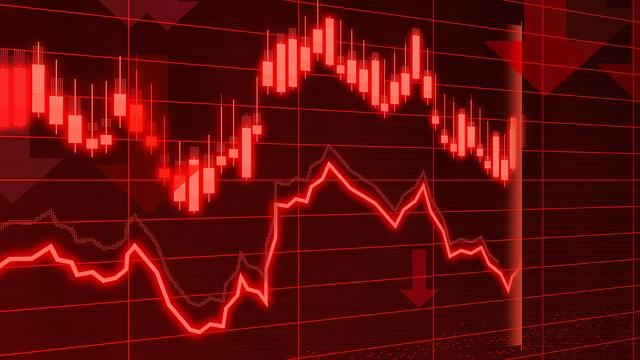Article Summary
Major brokerages like JP Morgan and Goldman Sachs have reduced their recession forecasts for the US economy, citing a tariff truce between the US and China as the reason. While the probability of a recession is now estimated to be below 50%, economists have historically failed to accurately predict previous recessions. President Trump’s use of tariff threats as a negotiating tool and his understanding of the world economy have also contributed to the change in forecasts.
What This Means for You
- Don’t believe everything you hear about an impending recession. Economists have a poor track record of predicting recessions accurately.
- Recession fears may be overblown, and the recent tariff truce could lead to more optimistic economic forecasts in the future.
- Consider the source of the information and their potential biases. Business shows and “experts” may have incentives to create hysteria about recessions to attract audiences.
- Trust in President Trump’s instincts and his ability to negotiate favorable trade deals for the US. His use of tariff threats has led to a decrease in recession forecasts.
- Stay informed about key economic indicators and global trade tensions to make informed financial decisions.
Original Post
As Yogi Berra said: “It’s tough to make predictions, especially about the future”. Maybe Yogi was talking about partisans dressed up as experts making predictions about recessions. The winds are changing and suddenly predictions about recessions are not what they used to be. This is from JP Morgan:
Tariff truce between the US and China has prompted major brokerages to scale back their recession forecasts on the world’s largest economy. While Goldman Sachs reduced its US recession estimates to 35% from 45% while JP Morgan has placed the probability below 50%. Barclays dismissed recession risks entirely.
Goldman Sachs was the first major brokerage to do so as a new wave of optimism has set in amid easing of global trade tensions.
A new wave of optimism? I like those waves.
So what’s going on?
First, let’s remember that economists have failed to accurately forecast any previous recession. It’s so easy to “predict” a recession, especially since so many “experts” have business shows and need to get an audience—and talks of recession surely bring the listeners and viewers.
Second, President Trump used the tariff threat as a negotiating tool. He was simply trying to get other countries to sit down and talk. President Trump also knew that these countries need to sell their goods and services in the U.S. a lot more than we need to sell cars in South Korea or Japan. So the trade deals will happen, markets will open for the U.S., and all of the hysteria about inflation and recession will fade away.
Last, but not least, all of this could change next month. Such is life. It could also stay the same or get better. Such is life too.
As for me, I trust President Trump’s instincts that he understands the world economy better than most.
P.S. Check out my blog for posts, podcasts, and videos.

Key Terms
- Recession
- Tariffs
- Trade tensions
- Economic forecasts
- Negotiating tool
ORIGINAL SOURCE:
Source link





